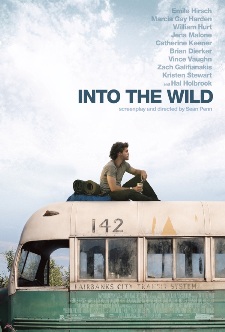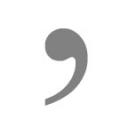Dilbert creator Scott Adams likes saying the words “monkey god” over and over, because “for some wonderful reason, that combination of words – monkey god – releases a little snort of serotonin directly into the part of my brain that likes it the most.”
For me (and at least one or two other people) the words Jean-Claude Van Damme produce a similar effect. It’s hard to say why this is so. If you have any clues as to why the name of a short Belgian martial artist/actor would be so intrinsically funny, let me know.
As it happens, there is a new movie on the way that will star Jean-Claude as Jean-Claude. It’s called JCVD in JCVD. It sounds like a documentary but it isn’t. It’s a biopic that will star the actual subject.
Leave it to Jean-Claude to break with convention and create an entirely new film genre—the auto-biopic. I’m sure that my blogging comrade Visionary Larry saw this coming.
Suggested reading:

